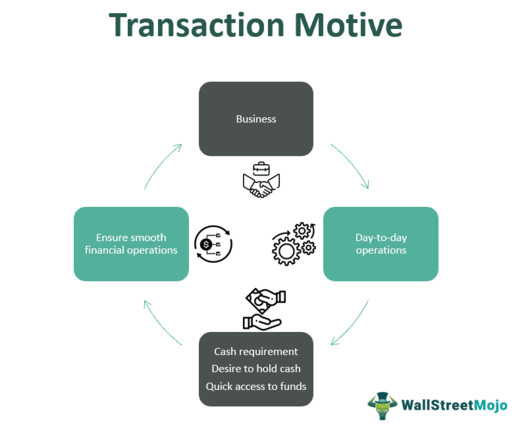Retail Banking vs Corporate Banking
Razorpay
MAY 23, 2023
They need to store money, avail loans and manage finances just like individuals. Regular retail banks provide financial services to individuals but are not equipped to service businesses. Corporate banking provides businesses financial services like account holding, loans, capital, vendor management, and more.
















Let's personalize your content